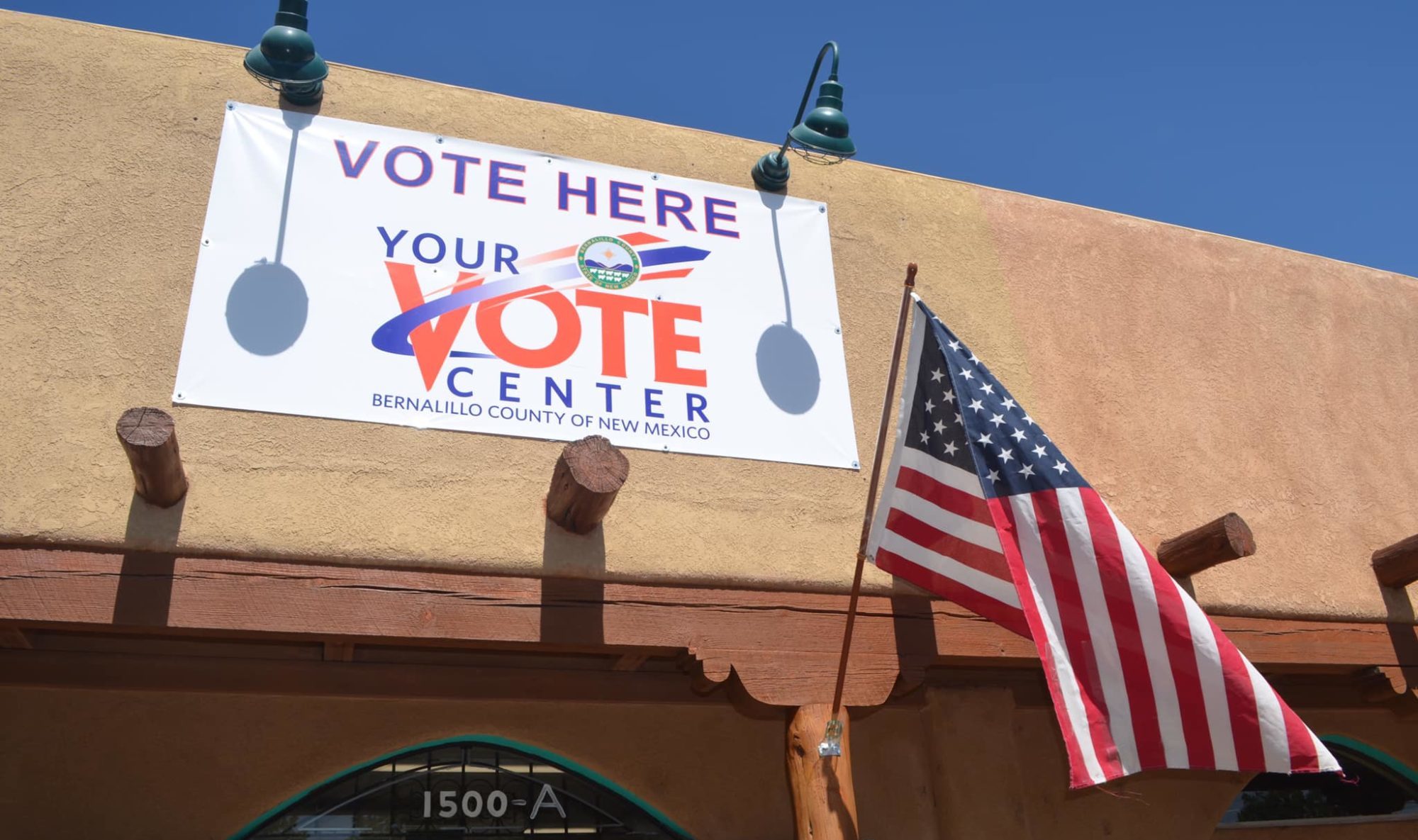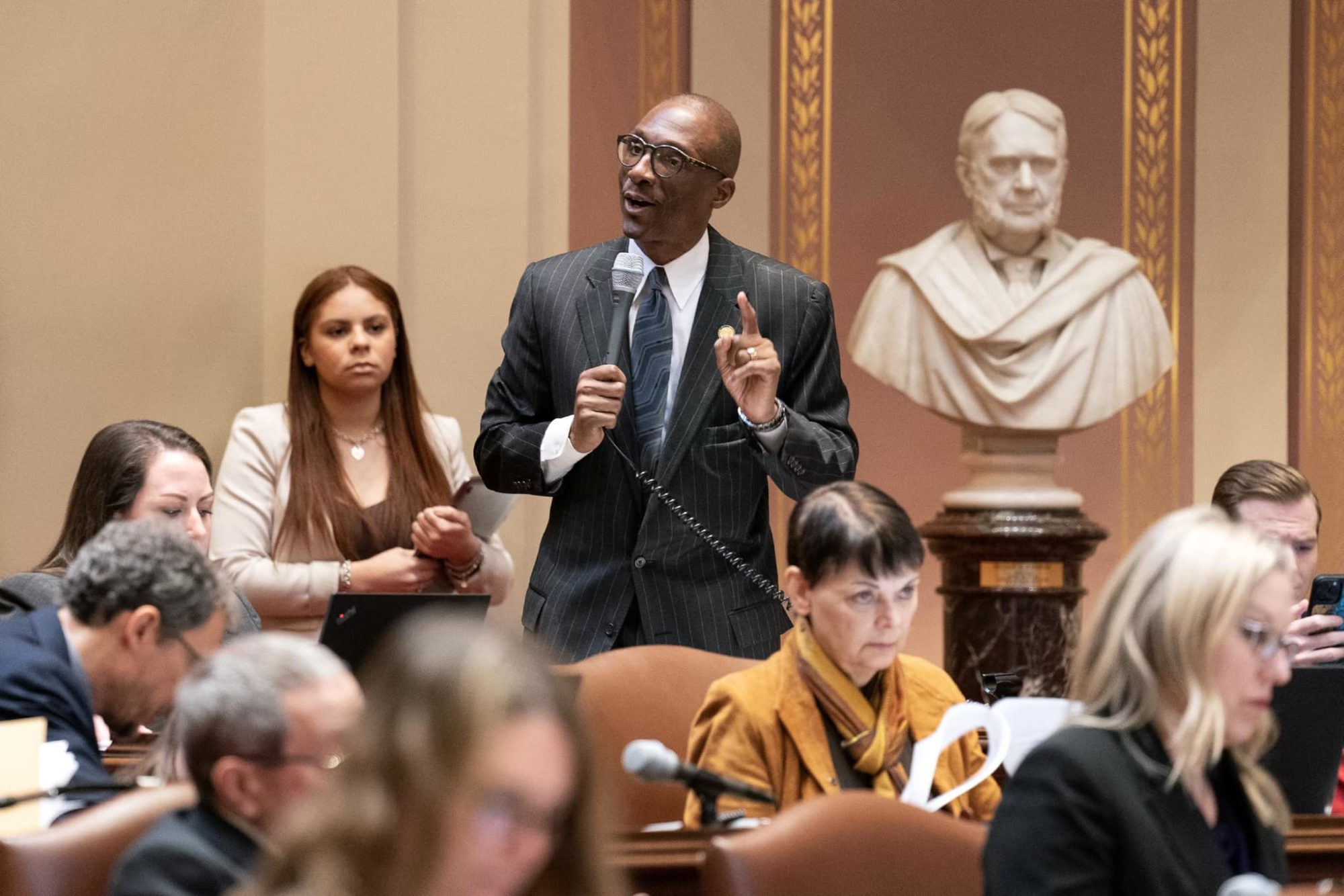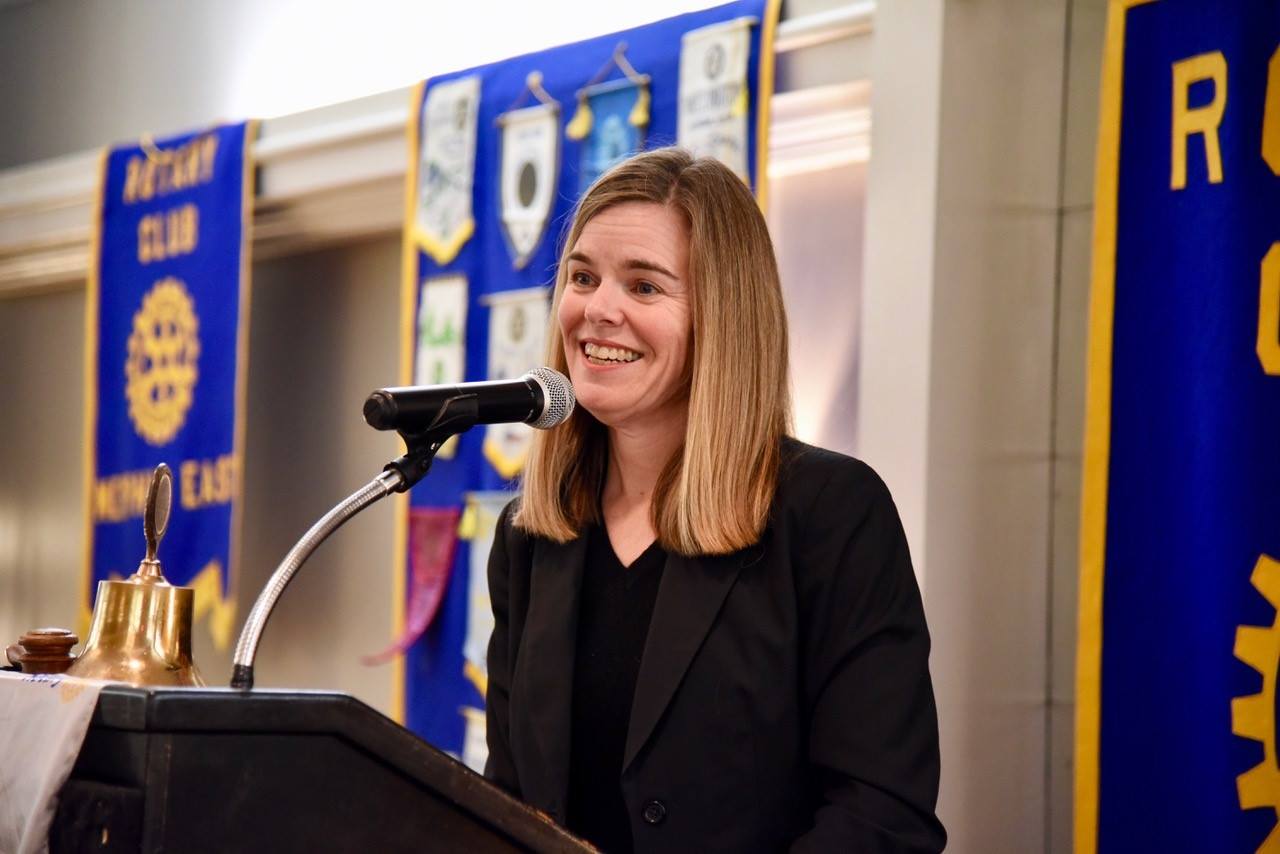“Back to 1902”: Virginia Governor Revives Lifetime Ban on Voting
Glenn Youngkin ends automatic rights restoration, replacing it with an opaque system that leaves Virginia with one of the nation’s harshest policies.
Alex Burness | March 28, 2023
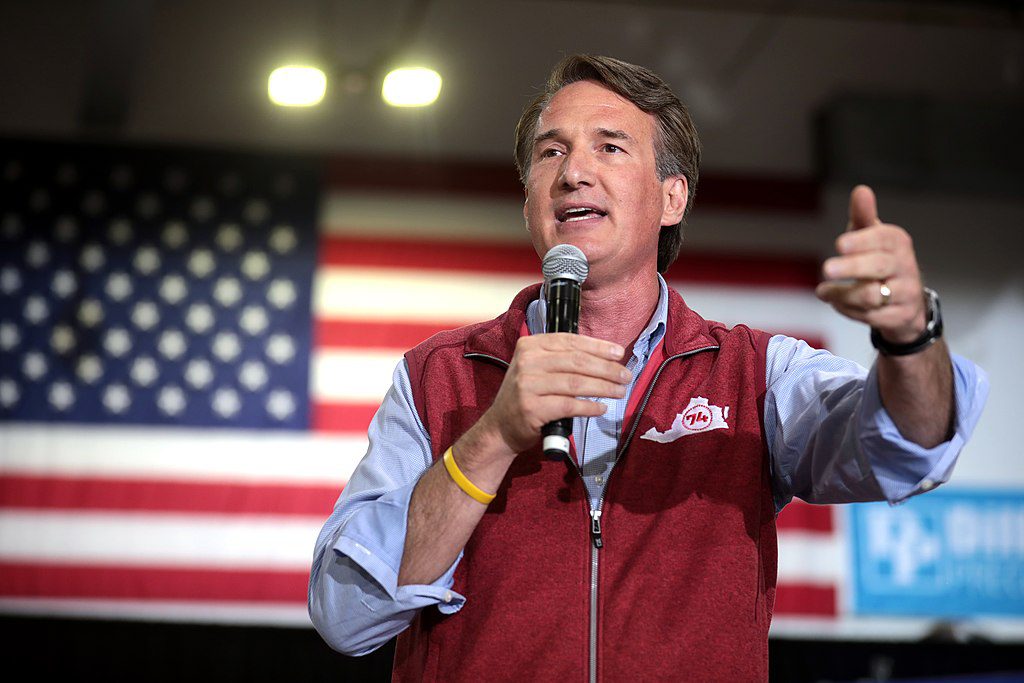
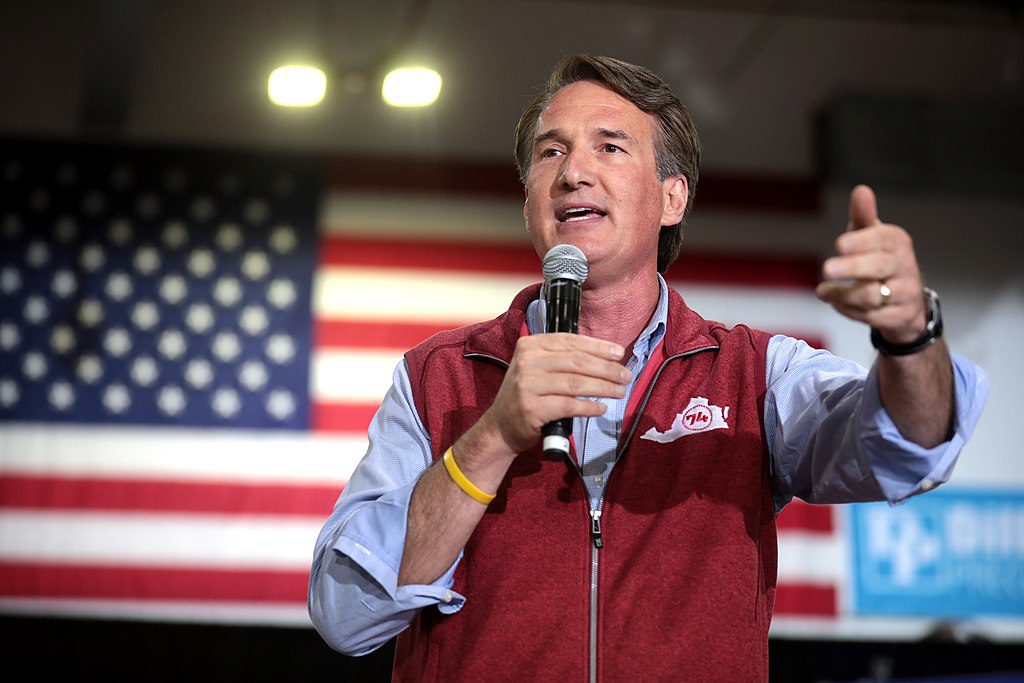
Governor Glenn Youngkin just gave himself a lot more power to pick and choose Virginia voters. The Republican governor’s administration told state lawmakers in a letter last week that he was rescinding his predecessors’ policy of automatically restoring the voting rights of people with felony convictions.
Going forward, Virginians will no longer regain their rights when released from prison—the most recent policy announced by Virginia officials in 2021—nor at any later point, unless Youngkin deems them to be worthy on an individual basis.
His decision, which a future governor could alter, sidelines many residents who expected they would get to vote in Virginia elections.
“I’ve never voted in my life. I was looking forward to voting this year,” Sincere Allah, who was released from prison the week Youngkin was inaugurated in 2022 and who has since waited to learn if his rights will be restored, told Bolts, in reference to the state’s upcoming legislative and prosecutorial elections. “I can pay taxes, I can be held to the same standard as everyone else when it comes to laws and rules and regulations, but I have no say-so or representation.”
Youngkin’s announcement also puts Virginia in a category all its own: It is the only state where someone who is convicted today over any felony is presumed to be barred from voting for life, with no remedy other than receiving a discretionary act of clemency from the governor.
Virginia’s constitution permanently disenfranchises people with a felony conviction. Only Iowa and Kentucky have such a harsh rule on the books—other states with a lifetime ban, like Mississippi, do not apply it to all felonies—but their sitting governors have each issued executive orders that automatically restore at least some people’s voting rights upon completion of their sentences.
For much of the last decade, Virginia governors adopted a similar approach, enabling hundreds of thousands of people to regain the franchise. Anyone whose rights have already been restored will retain the ability to vote. But for others, Youngkin has now rolled back those reforms.
“We are back to 1902-era policy,” Democratic state Senator Scott Surovell tweeted last week after Youngkin’s administration notified him of the change, in reference to the 1902 convention that designed Virginia’s disenfranchisement system with the explicit goal of disenfranchising Black residents: “discrimination within the letter of the law,” as one delegate termed it. That legacy lived on; as recently as 2016, 22 percent of Black Virginians were barred from voting.
“This language in our constitution is from extraordinarily dark origins,” Surovell told Bolts in a follow-up. “I thought we’d settled this debate over the past twelve years of reform, but apparently… anything’s on the table.”
In 2013, Republican Governor Bob McDonnell took a first step in the final months of his administration by announcing he would restore the voting rights of people convicted of nonviolent offenses after they complete their sentences. His Democratic successor, Terry McAuliffe, dramatically expanded the process in 2016 when he issued a blanket order that restored the voting rights of any Virginian once they completed their sentence; after Republicans sued, the state supreme court said the governor did not have the authority to issue a blanket order, but McAuliffe circumvented that limit by issuing individual orders to all those who’d have been affected by his original policy.
Democrat Ralph Northam maintained that approach once in office, and in 2021 he extended it by scrapping McAuliffe’s requirement that people first complete their full sentences, including any terms of probation or parole. Instead, Northam began restoring people’s voting rights upon release from incarceration.
Under McDonnell, 8,000 people regained their voting rights. The number then exploded to more than 170,000 under McAuliffe and 126,000 under Northam.
Democrats tried and failed for years to refer a ballot measure to voters that would amend the state constitution to make rights restoration automatic. Absent that change, the future of the reforms implemented from McDonnell through Northam hinged entirely on the result of the 2021 governor’s race, which was won by Youngkin. During the election, Youngkin criticized McAuliffe, his Democratic opponent who was attempting a comeback, for his 2016 policy but he also remained vague as to what he’d do as governor.
Even after he won, Youngkin adopted no public policy stance on rights restoration until this month. He restored the rights of roughly 5,000 people in 2022 but that alarmed observers because it was a far lower yearly number than his predecessors. About 12,000 people are released from prison annually in Virginia.
Senator Lionell Spruill, a Democrat, sent Youngkin a letter earlier this month asking him to clarify what his administration was doing. The secretary of the commonwealth, a Republican appointed by the governor, replied last week that the governor’s office has a new approach: It is now evaluating whether to restore people’s voting rights on a case-by-case basis. This eliminates from state policy the notion that everyone can expect to have their rights restored at some point.
Instead, Youngkin will be reviewing applications to decide who should have the right to vote. His office has shared no criteria as to how he’s deeming some people more deserving than others.
Youngkin’s spokesperson, Macaulay Porter, said in a statement, “Restoration of rights are assessed on an individual basis according to the law and take into consideration the unique elements of each situation, practicing grace for those who need it and ensuring public safety for our community and families.”
Porter did not respond when Bolts followed up by asking how, specifically, the governor would differentiate among applicants. “Every applicant is different,” Secretary of the Commonwealth Kay Coles James wrote to Surovell last week.
Democratic state Senator Mamie Locke, a longtime champion for rights restoration, says she personally pressed Coles James for more information. She told Bolts she has concluded that the vagueness is intentional.
“They did not want there to be any kind of hard and fast rules in terms of any kind of written criteria,” Locke said. “I have absolutely no idea what they consider to be the optimum candidate to have his or her rights restored.”
Virginia’s new status quo is similar to the rights restoration system that Florida had until 2018, when a landmark ballot initiative made it automatic for many residents. Until then, the only way for Floridians to have their rights restored was to apply and be grilled in live hearings by a panel of state officials who asked intrusive questions such as whether they had children from multiple partners. “There’s no standard, we can do whatever we want,” then-Governor Rick Scott, who sat in these hearings, said in 2016.
Sheba Williams, who directs the Virginia nonprofit Nolef Turns (“nolef” is “felon” spelled backwards), has helped thousands of formerly incarcerated people navigate the process of regaining their voting rights. She says she is in contact with about 100 people who applied to have their voting rights reinstated last year but who have heard nothing. Many, like Allah, expected they would be able to vote in the November midterms given Northam’s policy but Youngkin’s administration did not restore their rights or reply to their application.
At the start of 2023, Williams noticed that the Youngkin administration had quietly updated the form it was asking people to fill when applying to have their rights restored. The new form asks people to state whether they were convicted of a nonviolent or violent offense and whether they still owe restitution or court fines and fees; those questions were not on the form that Youngkin’s administration inherited. Voting rights advocates in other states have denounced using court debt to determine voting eligibility as a modern-day poll tax.
It is not clear whether and how the Youngkin administration is even using either piece of information to decide whether someone should be disqualified from voting.
“Each governor can change the process however they see fit, and that’s the problem,” said Williams, who used to be disenfranchised herself due to a felony conviction. “It’s not a data-driven process, but a person with real emotions saying ‘I believe in this’ or ‘I don’t,’ saying ‘I think this person has been rehabilitated’ or ‘I don’t.’”
Williams helped the application of a woman, Grace, who told Bolts she now feels demoralized. She asked that her full name be withheld from this story because she fears retribution by the state. “I’m in limbo,” Grace said. “I know there are some people that don’t vote or register at all, but change only happens when you have the right to vote or speak on certain things. Right now, because I can’t vote, it doesn’t even mean that I’m going to be heard.”
“It makes me feel like I’m not a citizen,” she added. “I did the time for the crime, but I still have lost my rights. I don’t know if I’ll ever get them back or not.”
Shawn Weneta, a formerly incarcerated Virginian who is now a policy strategist at the ACLU of Virginia, said Youngkin’s approach has already created mass confusion. Speaking to Bolts last week, Weneta said he has recently gotten calls from people who have regained the franchise in the past wondering if their rights might now be revoked. They won’t, Weneta assured those people: Youngkin cannot reverse the restorations granted by previous governors.
Still, those worried calls underscored for him the need for clarity on this issue. “Now it’s totally opaque,” Weneta said.
Weneta and other Virginians are also afraid that Youngkin’s policy could open the door to prosecutions in the future. In states that have confusing rights restoration procedures, some residents have been targeted with criminal charges if they get it wrong.
“Florida has arrested people who have attempted to register and don’t qualify—and that’s a real concern here,” Williams said, alluding to the recent arrests by Governor Ron DeSantis’s administration of Floridians who erroneously thought they had cleared the state’s muddled criteria; in some cases, a public agency had told them they were eligible. The dynamic played out in Tennessee last year.
Virginia’s new approach is also drawing concern from Americans for Prosperity, a conservative organization that supported McDonnell a decade ago and has since backed several failed statehouse attempts at a statewide ballot measure to standardize and automate rights restoration.
“The community that is impacted by this, they want to have the confidence and clarity that if they do everything right they’re going to get their rights restored,” said Ben Knotts, legislative director of the group’s Virginia branch. “This creates a process where people don’t feel confident.”
Virginia is voting for its lawmakers this year, plus most of its prosecutors and sheriffs. The primary is in June, with a mid-May deadline for voter registration. Advocates and lawmakers will be watching closely to see whether Youngkin announces a new batch of people whose voting rights he’s restoring, and whether any particular pattern emerges among those who are and aren’t included in such an action.
In the meantime, Locke points to the long shadow of racism in Virginia history.
“What this administration wants to do is to retain vestiges of the 1902 constitutional amendment in Virginia,” she said. “They want to retain vestiges of Jim Crow, as a means of prohibiting individuals from voting.”
Sign up and stay up-to-date
Support us
Bolts is a non-profit newsroom that relies on donations, and it takes resources to produce this work. If you appreciate our value, become a monthly donor or make a contribution.



